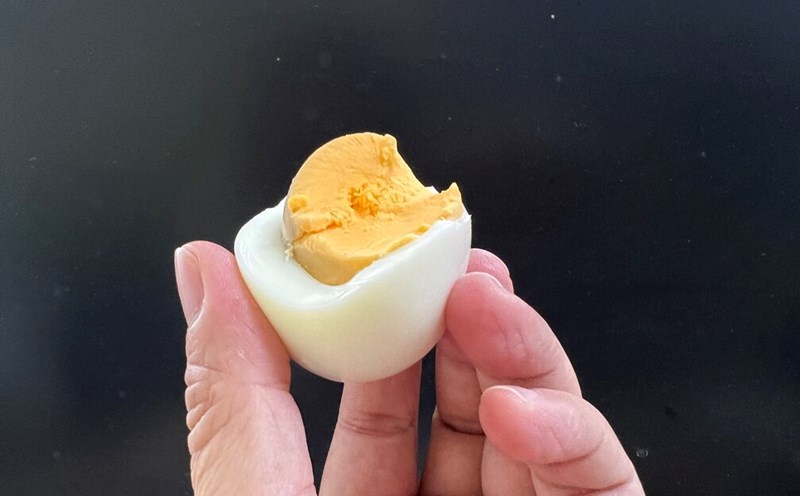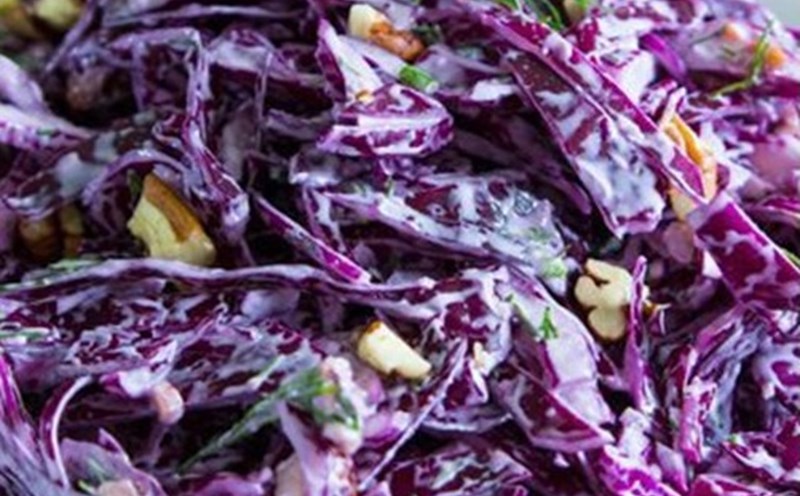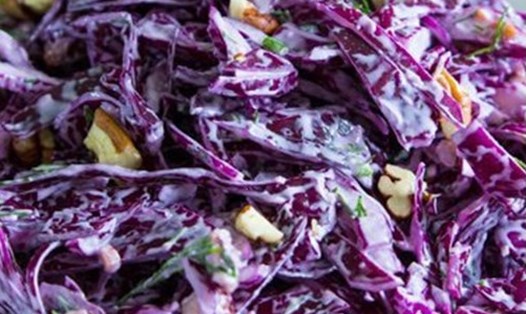Calcium is an essential mineral that helps maintain strong bones, prevent osteoporosis and support the functioning of the nervous system and muscles.
Instead of relying only on milk and dairy products, which are not suitable for some people with lactose intolerance, housewives can add cabbage to the family's diet to supplement calcium.
First, cabbage is a vegetable with a significant calcium content. 100g of cooked cabbage contains about 4050 mg of calcium. Although this number is not as high as milk, in return, calcium from green vegetables such as cabbage has a higher absorption rate thanks to the low content of oxalate - a calcium absorption barrier commonly found in spinach or kale.
Second, cabbage contains vitamin K, an important factor in the process of bone miner forwarding. Vitamin K helps put calcium in the right place in bone structure, thereby increasing bone density and reducing the risk of fractures in the elderly. A serving of cabbage can provide up to 85% of your daily vitamin K needs.
Third, cabbage is also a rich source of vitamin C, which helps increase calcium absorption and supports the production of collagen - an important component of bone tissue. Research shows that people with diets rich in vitamin C and plant calcium have higher bone density and a lower risk of osteoporosis.
Finally, cabbage is a cheap, easy-to-process, low-calorie vegetable, suitable for many flavors and healthy lifestyles, including vegetarianism. Supplementing calcium from cabbage is not only good for bones but also helps improve digestion, reduce inflammation and support weight control.
Supplementing calcium from cabbage is a smart and sustainable choice, helping to improve bone and joint health without worrying about side effects from synthetic calcium or animal milk.











